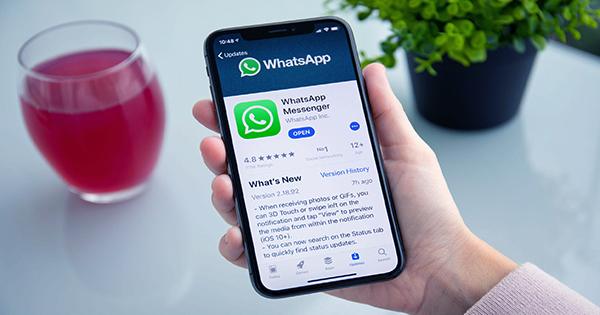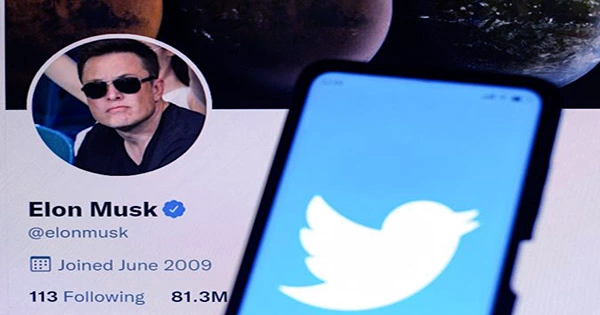While Meta is investing billions of dollars in the metaverse as the future of social networking, in the short term, the tech giant is focusing on the potential of messaging to connect users in a more intimate way. On that front, the firm today announced plans for a major update to its WhatsApp messaging program, which would allow users to not only interact privately with friends and family as they have in the past, but also to join in bigger discussion groups known as Communities.
These groups are intended to be a more feature-rich substitute for people bigger group chats, with features such as file sharing, 32-person group calls, and emoji reactions, as well as admin tools and moderation controls. The feature has been in the works for a while as the platform’s next big update, with the goal of using the app’s current end-to-end encryption as well as users’ growing desire to join private groups outside of bigger social networks like Facebook.

Communities, in particular, could pose a threat to other messaging apps like Telegram, which has recently become a prominent player in communications related to the Russia-Ukraine conflict, as well as other private messaging platforms, such as iMessage or Signal, and group messaging apps like GroupMe, Band, Remind, and others.
“It’s been evident for a while that the way we interact online is changing,” Meta CEO Mark Zuckerberg said in a public Facebook post announcing the development. “Most of us use social media and feeds to find fascinating material and keep up with what’s going on in the world. However, messaging has become the focal point of our digital life for a greater degree of contact. It’s more intimate and private, and it’s also more secure with encryption,” he added.
According to Facebook’s most current public data, the service may first draw parallels to Facebook Groups, a more private networking option on Facebook that now has 1.8 billion monthly members. WhatsApp Communities, like Groups, would allow companies, clubs, and schools to construct networks for their members to engage and exchange information. Communities also has the option to establish sub-groups, similar to Facebook Groups. A volunteer organization, for example, may develop a sub-group conversation for individuals interested in a specific initiative, such as a food drive. A parent group might split into sub-groups based on the ages of their children. Sub-groups for various grades or extracurricular activities might exist inside a school.
Sub-groups might be formed to plan the club’s different events and activities. And so forth. While there is some overlap between Facebook Groups and WhatsApp Communities, the two are not created for the same purpose. Larger, otherwise unconnected people who share a shared interest frequently utilize Facebook’s offering. WhatsApp Communities, on the other hand, focuses on more private and personal groups, including those where members are already linked in other ways, such as in person.
“We’re phone number-based,” Will Cathcart, WhatsApp’s CEO, explains the distinction. “Exchanging your phone number with individuals on WhatsApp is a basic comfort when talking with them. So that points to communities where you actually know these folks,” he explains. “You may not know every parent’s phone number in your child’s class, but you’re at ease talking with them in that way.”
















